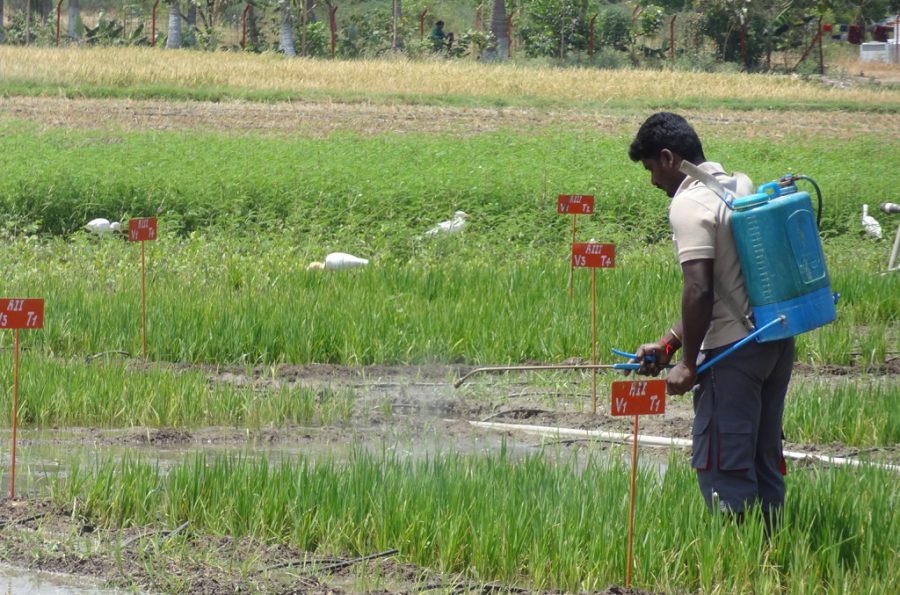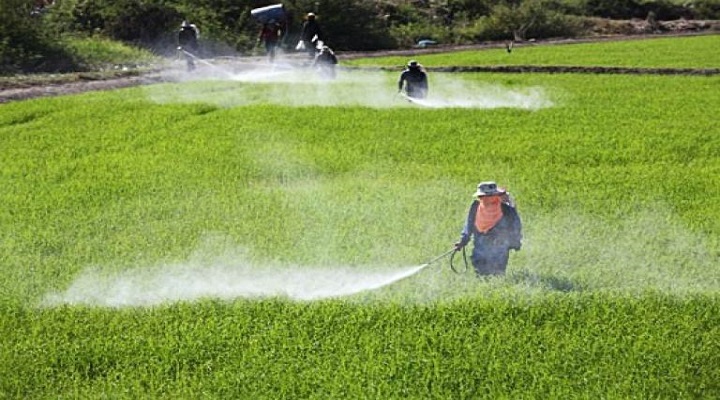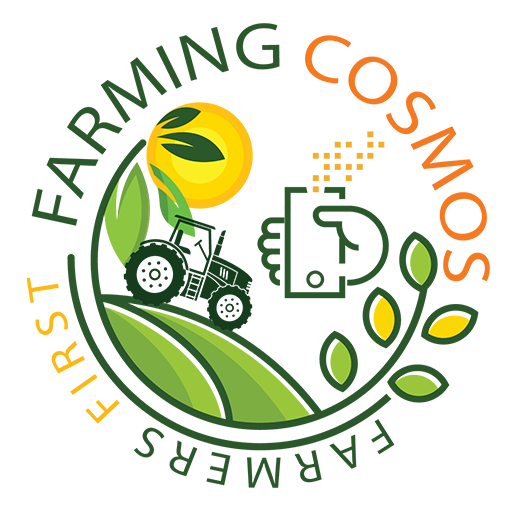Myth 1:
Indian Agriculture is on a Permanent Decline
fact :
- India rank 2nd in the world in agriculture production.
- India’s world rank in services and industry sector is 9th and 5th respectively.
- Globally India ranks 9th for the agricultural exports.
Myth 2:
Indian Agriculture is Food- Grains Centric
fact :
- Indian agriculture is multifaceted, with horticulture and animal husbandry contributing to over 60% of India’s agricultural GDP.
- India is the largest milk producer, ranks 2nd in vegetables and fruits, 3rd in fish production, 4th in egg and 5th in poultry production in the world.
- Horticulture and livestock production engage a large share of small and marginal farmers, and thus plays a critical role in the rural economy.

Myth 3:
Declining Size of Indian Farm Land Leads to Low Production
fact :
- China and India with the majority of their small and marginal land holdings are 1st and 2nd in the world agriculture production respectively.
- The aggregate output/ha/year in small farms is higher on account of multiple cropping intensity, diverse output (crop + livestock) and round the year availability of family labour.
- Yield per acre per crop is not an effective measure of Indian farm productivity (since agriculture in India does not follow monoculture like the other western nations).
Myth 4:
Indian Agriculture is Heavily Dependent on Rainfall
fact :
- India agriculture is monsoon resilient thanks to major share of horticulture and livestock production that are round the year activity.
- Irrigated area in India (96mn ha) is the largest in the world
Myth 5:
Organic Farming Can Drive Sustainability of Indian Agriculture
fact :
-
- Globally, only 1% of the agricultural land is under organic agriculture.
<li100% organic farms are not a sustainable model since there is a high requirement of organic manure; whereas productivity is found to be much low.
- Sikkim which is claimed to be an entirely organic farming state, is heavily dependent on other states to feed its population.
Myth 6:
Organic Food is Chemical free
fact :
- Crop protection chemical residues have been found in vegetables samples of organic produce.
- The notion of nutritional superiority provided by organic produce is also debatable.
- Conventionally cultivated vegetables are many times sold under the pretext of organic by vendors for higher profits.

Myth 7:
Crop Protection Chemicals are Used Excessively in India
fact :
- India’s spending on crop protection chemicals is less than 1% of total agriculture production in value term; which is a fraction of global counterparts.
- As per food samples analyzed by certified labs, 98% of them were found to be compliant within the crop protection chemicals maximum residue limit (MRL).
- Our food compliance (with respect to pesticide residue limit) is in line with global standards.
Myth 8:
Crop Protection Chemicals Lead to Severe Imbalance of Aquatic Ecosystem
fact :
- Fish are highly sensitive to water pollutants.
- India is the 3rd largest fish producer in the world which shows our soil-water ecosystem is not contaminated.
- Andhra Pradesh and Punjab lead in the fish production and productivity respectively, regardless of their pesticide usage.

Myth 9:
Farmer Suicides are Rampant in Indian Agriculture
fact :
- Suicides, whether by farmers or non–farmers deserve attention and understanding.
- More than 8 lakh people die from suicide in a year in the world (WHO).
- Suicide rate in Russia is among the highest, 16% higher than the global average.
- In India, farmers suicide account for less than 10 % of the total suicide.
Myth 10:
Fruits and Vegetables are Injected with Colouring Chemicals and Animal Hormones
fact :
- This could be verified by attempting to inject coloured water into ripe unpeeled banana or uncut water melons. The coloured water would immediately drip out from the point of injection.
- As per the study by CENTEGRO, animal hormones cannot and will not improve the vegetable and fruit size overnight as alleged

